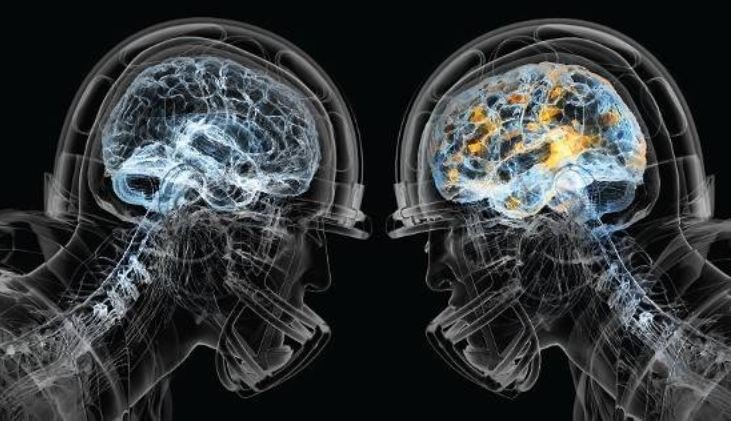|
Originally posted at Montclair SocioBlog
In a previous post, I wrote about a University of Illinois football coach forcing injured players to go out on the field even at the risk of turning those injuries into lifelong debilitating and career-ending injuries. The coach and the athletic director both stayed on script and insisted that they put the health and well-being of the scholar athletes “above all else.” Right.
My point was that blaming individuals was a distraction and that the view of players as “disposable bodies” (as one player tweeted) was part of a system rather than the moral failings of individuals. But systems don’t make for good stories. It’s so much easier to think in terms of individuals and morality, not organizations and outcomes. We want good guys and bad guys, crime and punishment. That’s true in the legal system. Convicting individuals who commit their crimes as individuals or in small groups is fairly easy. Convicting corporations or individuals acting as part of a corporation is very difficult. That preference for stories is especially strong in movies. In that earlier post, I said that the U of Illinois case had some parallels with the NFL and its reaction to the problem of concussions. I didn’t realize that Sony pictures had made a movie about that very topic (title – Concussion), scheduled for release in a few months. Hacked e-mails show that Sony, fearful of lawsuits from the NFL, wanted to shift the emphasis from the organization to the individual. Sony executives; the director, Peter Landesman; and representatives of Mr. Smith discussed how to avoid antagonizing the N.F.L. by altering the script and marketing the film more as a whistle-blower story, rather than a condemnation of football or the league…
I don’t know what the movie will be like, but the trailer clearly puts the focus on one man – Dr. Bennet Omalu, played by Will Smith. He’s the good guy.
Will the film show as clearly how the campaign to obscure and deny the truth about concussions was a necessary and almost inevitable part of the NFL? Or will it give us a few bad guys – greedy, ruthless, scheming NFL bigwigs – and the corollary that if only those positions had been staffed by good guys, none of this would have happened? The NFL, when asked to comment on the movie, went to the same playbook of cliches that the Illinois coach and athletic director used. We are encouraged by the ongoing focus on the critical issue of player health and safety. We have no higher priority. Jay Livingston Jay Livingston is the chair of the Sociology Department at Montclair State University. You can follow him at Montclair SocioBlog or on Twitter. Comments are closed.
|
.
.
Tags
All
|

 RSS Feed
RSS Feed